

More Than Words: Avoid Clichés
As writers, we know we should try to avoid clichés and stereotypes. But you might not think of unique imagery as you’re writing your first draft, so you drop in a cliché as a placeholder. When revisiting a manuscript to self-edit, though, many writers often overlook the cliché that’s right in front of them: the clichéd image.
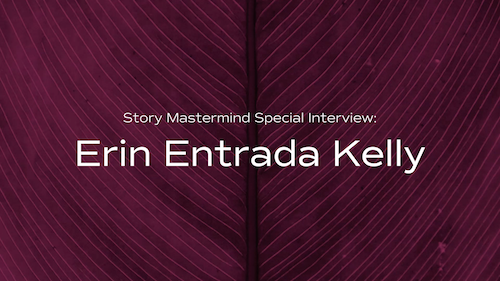
Story Mastermind Interview with Erin Entrada Kelly
A discussion with middle grade author and Newbery medalist Erin Entrada Kelly about writing outside your lived experience.
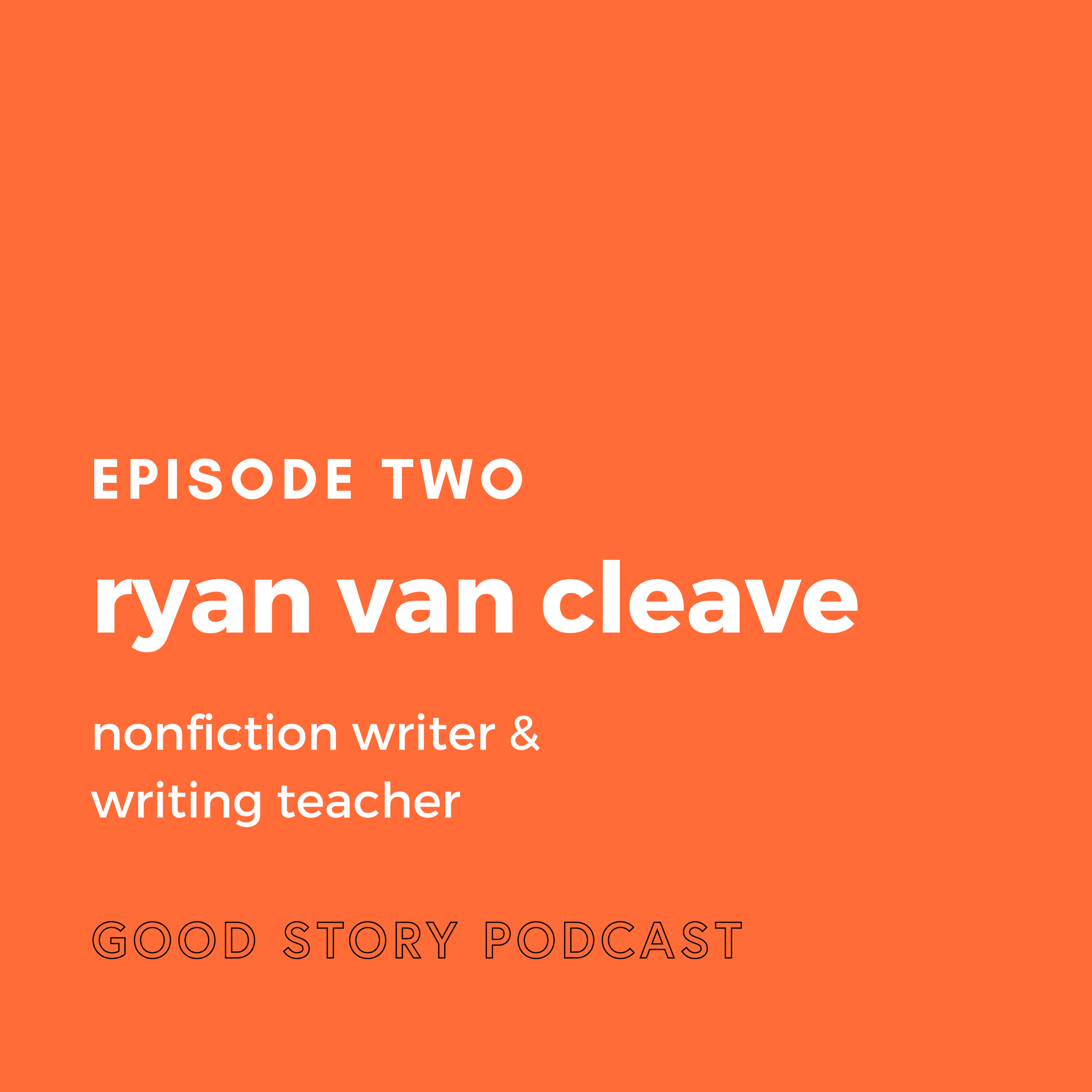
Episode 2: Ryan Van Cleave, Nonfiction Writer and Writing Teacher
A podcast all about nonfiction book proposals, nonfiction article pitching, and strategically growing your writing career, including a ton of tips for that ever-intimidating concept of marketing yourself and your writing.

The Core of a Story with Roz Morris
Writer, writing teacher, ghost writer, and general literary icon Roz Morris joins Mary Kole for an interview on the Good Story Speaker Series. They dive into the mechanics of storytelling and discuss how to connect with your audience—whether you're writing someone else's story or your telling your own.
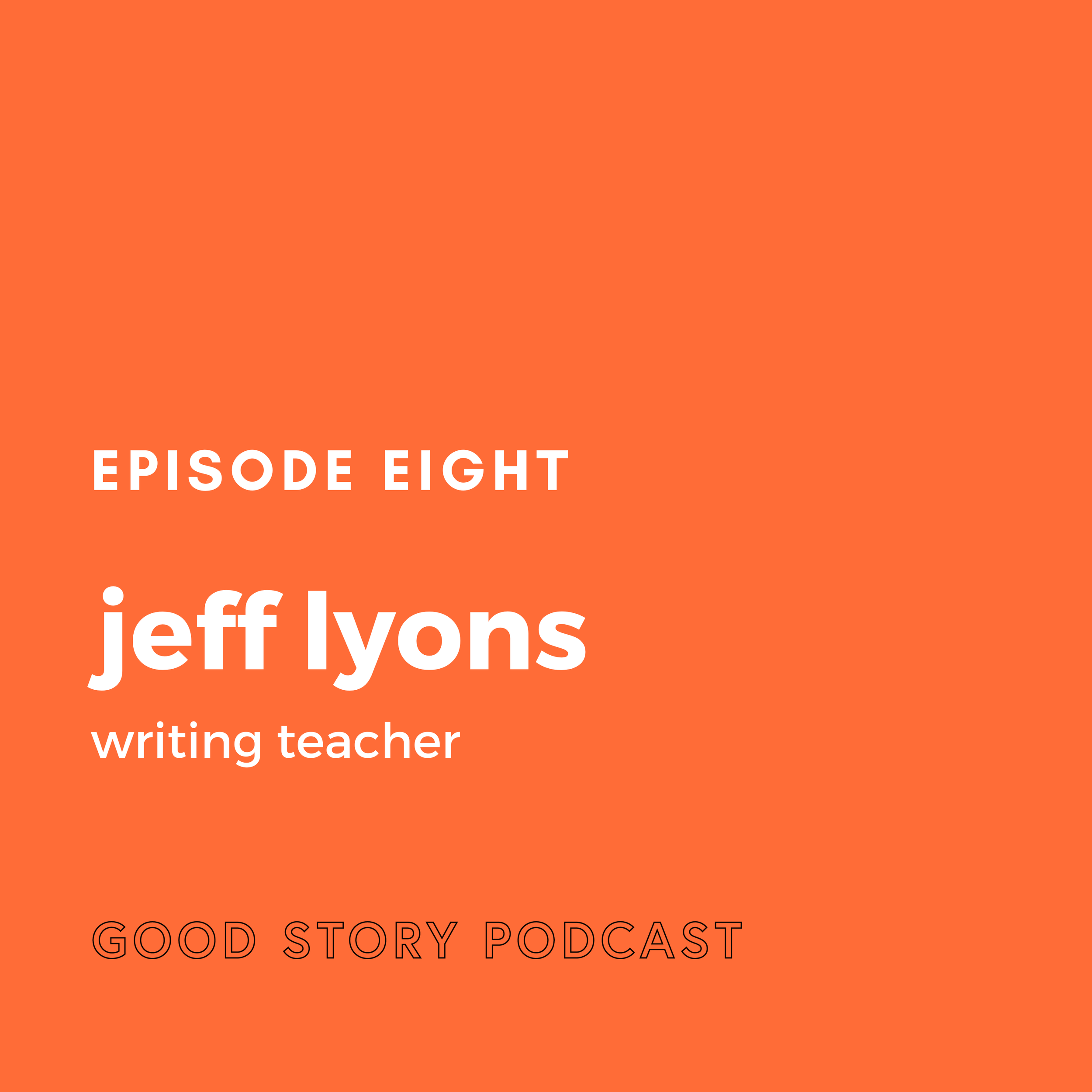
Episode 8: Jeff Lyons, Writing Teacher
Writing teachers Jeff Lyons and Mary Kole in conversation about craft, from the big picture to the nitty gritty.

Episode 1: Chris Baty, Founder of NaNoWriMo
An interview with NaNoWriMo founder and writing teacher Chris Baty, where we discuss plot, pantsing, not nipping good ideas in the bud, celebrating a hot pile of garbage, and the cult of busyness.

Writing An Authentic Memoir with Kelly Madrone
Award-winning writer and ghostwriter Kelly Madrone joins us to talk about writing as someone else, modulating a professional potty mouth, and how to create a nuanced story arc in memoir.

Breaking Writing Rules
Breaking writing rules might seem like a bold artistic statement, but it could also backfire. Here are some considerations for writers who are inclined to take their projects in a more experimental direction.

How Long is a Chapter?
How long is a chapter? This is a question I get all the time from writers. In this video, I'll ask you some leading questions that will allow you to figure out that ideal chapter count or chapter-length for yourself in your particular project.

Episode 6: Gail Carson Levine, Historical and Fantasy Author
Historical and fantasy author Gail Carson Levine interviews with Mary Kole. She shares thoughts on the writing process, world-building, and her latest book, A Ceiling Made of Eggshells.

Describing Eyes in Writing
Describing eyes in writing is pretty important—and it has a long history. Feast your eyes on this list of clichés about eyes! You won’t need an eagle eye.
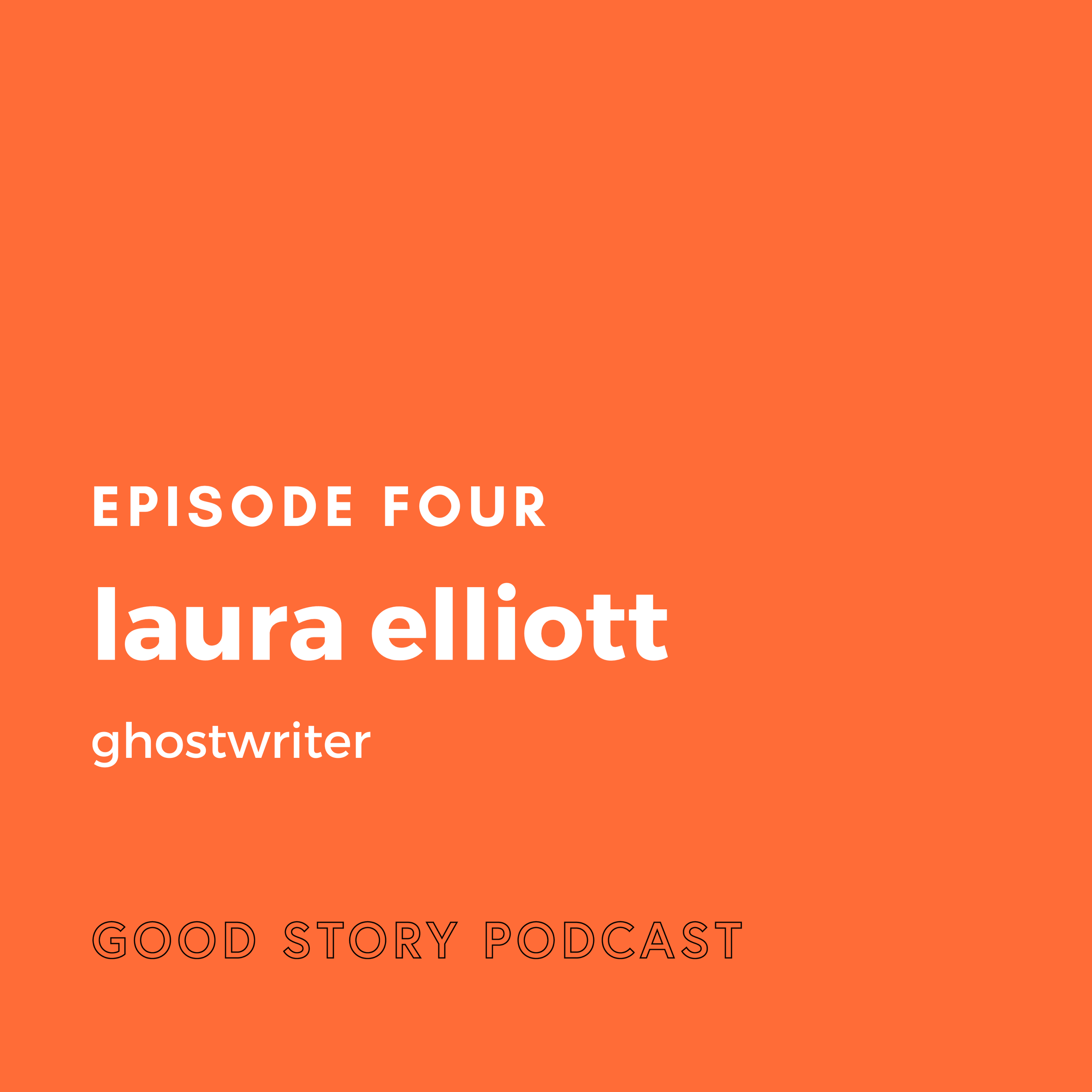
Episode 4: Laura Elliott, Ghostwriter
A podcast interview with ghostwriter Laura Elliott, all about deep research, finding inspiration from various sources, and telling stories … even other people’s.

Episode 26: Tami Charles, Children’s Book Author
New York Times Bestselling children's book author Tami Charles joins the Good Story Podcast to talk about experimenting with verse, amplifying the stories of girls of color, and writing what you feel.

In Favor of Present Tense Writing
One of the first decisions we have to make before writing is what tense to use. Present tense writing is often overlooked in favor of past tense—but when is present tense the better choice?

Put Your Words Down, Flip Them, and Reverse Them: Writing Your Memoir in Reverse Chronology
If you’re writing a memoir, you have to write your life events exactly the way they happened—but you don’t have to write them in order! Give your readers a backwards walk through your remarkable life with reverse chronology.

Ways to Hook a Reader
You do need to clear a pretty high bar to impress an agent, a publisher, or a reader once you get published. The opening pages are a really, really important part of this. Adding some character relatability and a little bit of conflict goes a long way in hooking a reader.

How to Overcome Writer’s Block: Memoir Edition
Many writers run into some form of writer’s block, but nonfiction and memoir writers have certain challenges to overcome writer’s block that fiction writers don’t face. Someone writing a novel can simply … make up what happens next. But memoir writers can feel constrained by wanting to be true to reality.
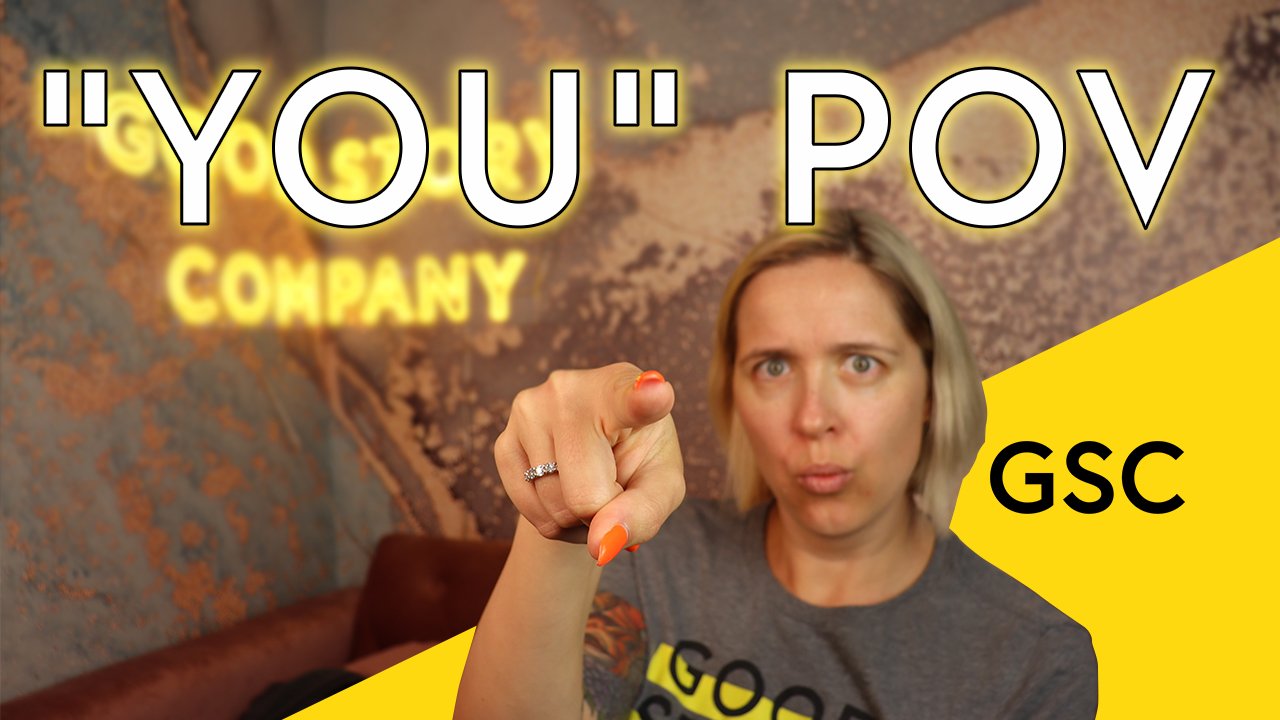
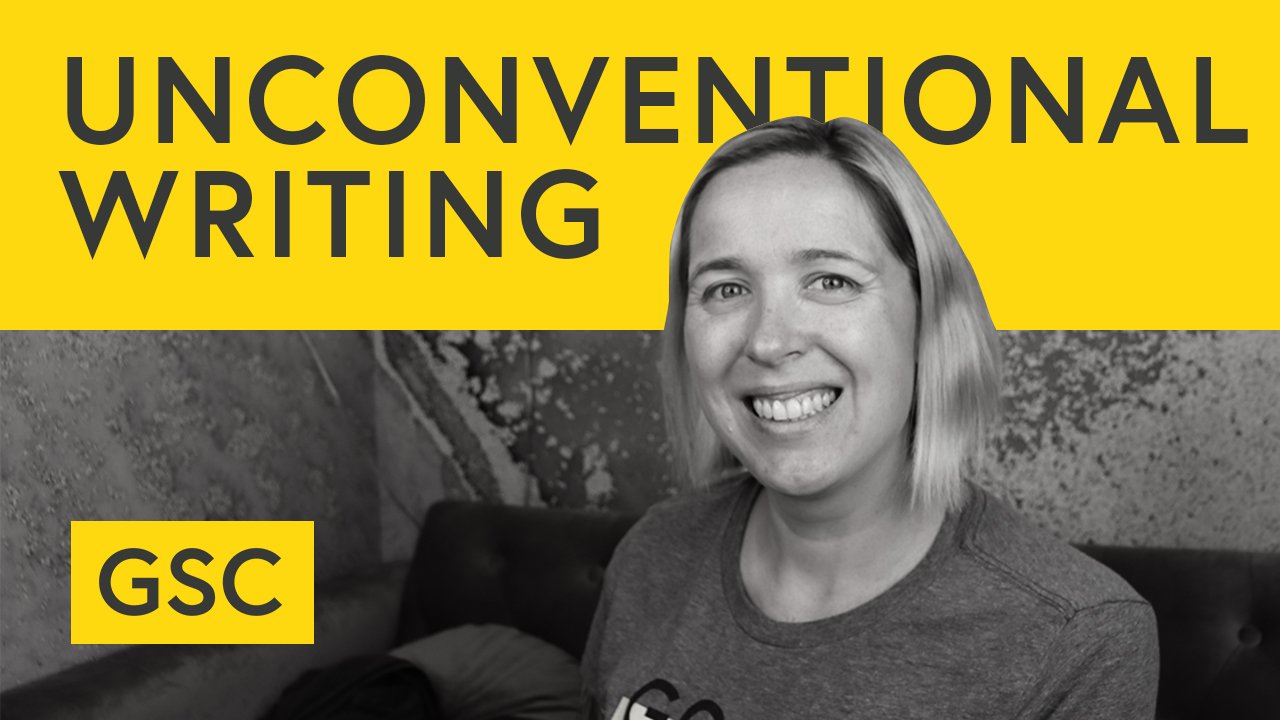
Unconventional Writing
Publishing loves its buckets. In children's books, there are several buckets that you need to fit into, with word count guidelines and all of that. There are buckets and tropes in adult publishing as well. Books that don't lend themselves easily to categorization can be a really difficult sell.
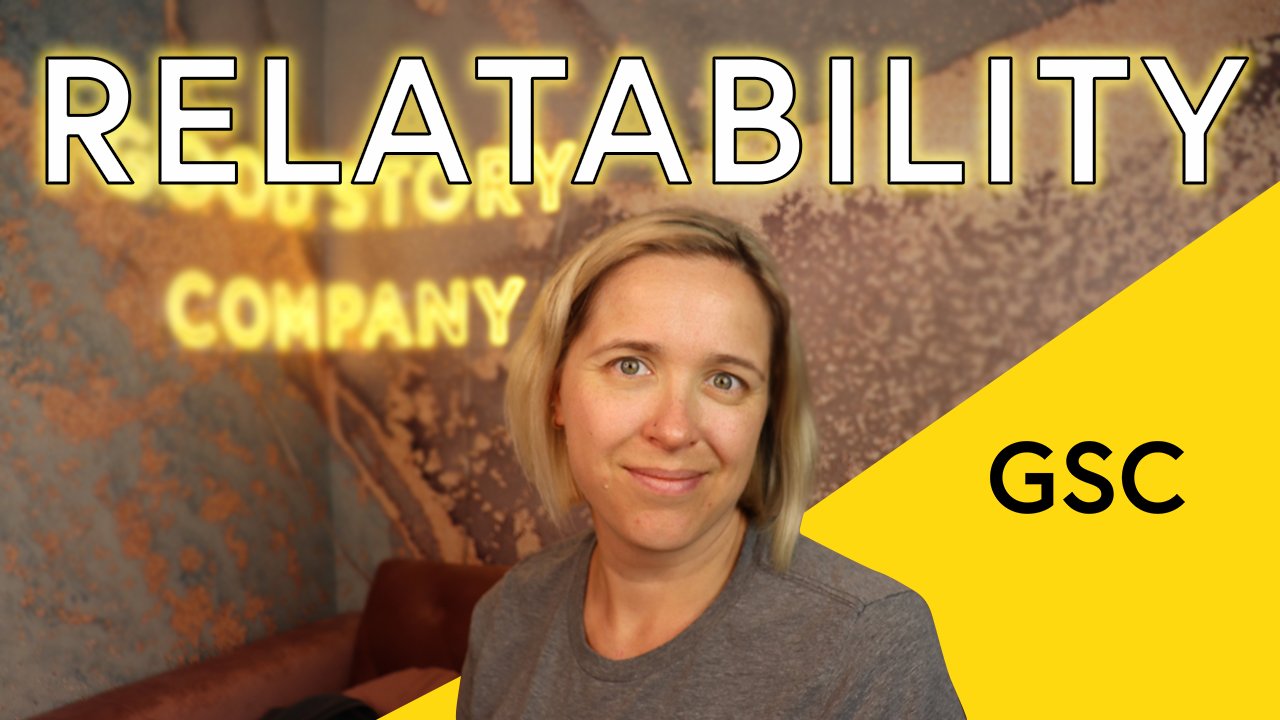
Relatability In Memoir
It's a weird thing to think of yourself as a character, but it’s something people have noticed a lot in modern memoir. The character in a memoir has trended more and more relatable, more authentic. I think that’s a good thing, but it is also challenging because it asks a lot more of the writer who's writing the memoir.
